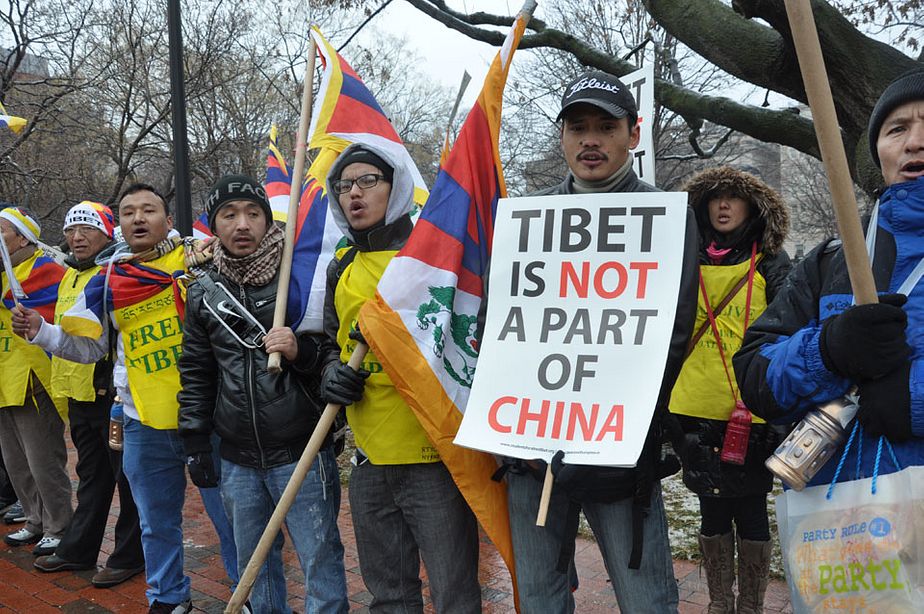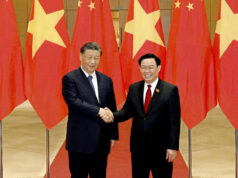Freedom Movement Of Tibet ‘ Made in India’ Concept’

Tibetan Prime Minister-in-Exile Lobsang Sangay today expressed hope that the Tibetan people’s aspirations will bear fruit and the Dalai Lama will return to Lhasa during his lifetime.
Stressing that their movement was based on the Indian ethos, he said, “The Tibetan freedom movement is a ‘Made in India’ concept as the exiled people of Tibet have adopted the Indian culture and democratic values, with a thrust on non-violence in their pursuit of independence.”
The Tibetan people have adopted the tenets of Indian constitution drafted by the legendary freedom fighter Babasaheb Bhim Rao Ambedkar to elect their government in-exile through elections and as such believed in democratic right of equality in their path for freedom, Sangay said at a seminar on the topic ‘Role of Tibet in Future Geo-Politics’.
He said that his and the Tibetan people’s faith in attainment of freedom of their country has been buoyed by a series of events across the world that has brought political changes in several countries.
There was a spring revolution taking place in many Arab countries even as Myanmar has released the iconic leader Aung Sang Suu Kyi from imprisonment to take a small step in the direction of setting up a democratic government, Sangay said.
Earlier, South African leader Nelson Mandela successfully led an agitation to end apartheid in his country while languishing in a jail, the exiled Tibetan leader said and exuded confidence that the people of Tibet will succeed in their endeavour for freedom.
Sangay expressed hope that the 14th Dalai Lama will return to Lhasa during his lifetime upon attainment of freedom of Tibet and said that his country will welcome the Indian people with open arms and the visitors from India will not be required to carry visa and passport for pilgrimage to the holy Kailash Mansarovar temple.
The Tibetan PM-in-exile attacked China for its “expansionist aspirations” and said that Beijing has set up 23 military divisions in Tibet and laid railway lines and five airfields there as part of its military strategy against India.
Besides building air and railway infrastructure in Tibet and Nepal, China has constructed a port near Sri Lanka to monitor activities near Kanyakumari, he claimed.
However, unlike some countries who may be scared of China’s emergence as a global power, the people of Tibet were not bothered at all and all that they aspired for was independence of their country, Sangay said.
He also sought to run down China’s economic development as devoid of democracy in contrast of India’s development as a global power on the foundation of democracy.
Sangay also thanked the people of Bihar for lending moral support to the Tibetan freedom movement and recalled that the great leader Jai Prakash Narayan had supported their aspiration and solicited support from the people of the state.



